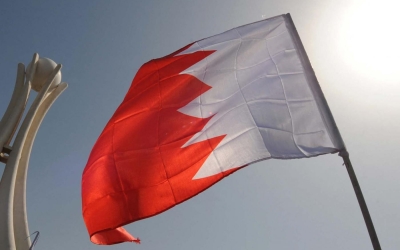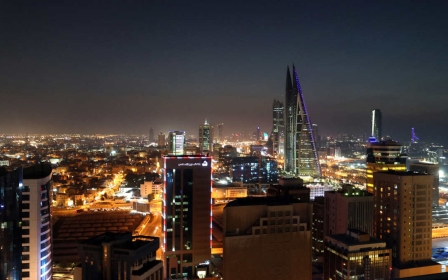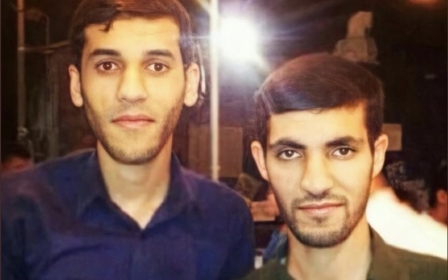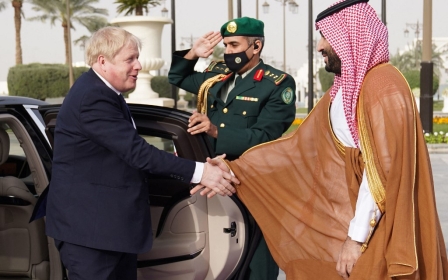Bahrain: UK MPs demand answers after kingdom removed from human rights list
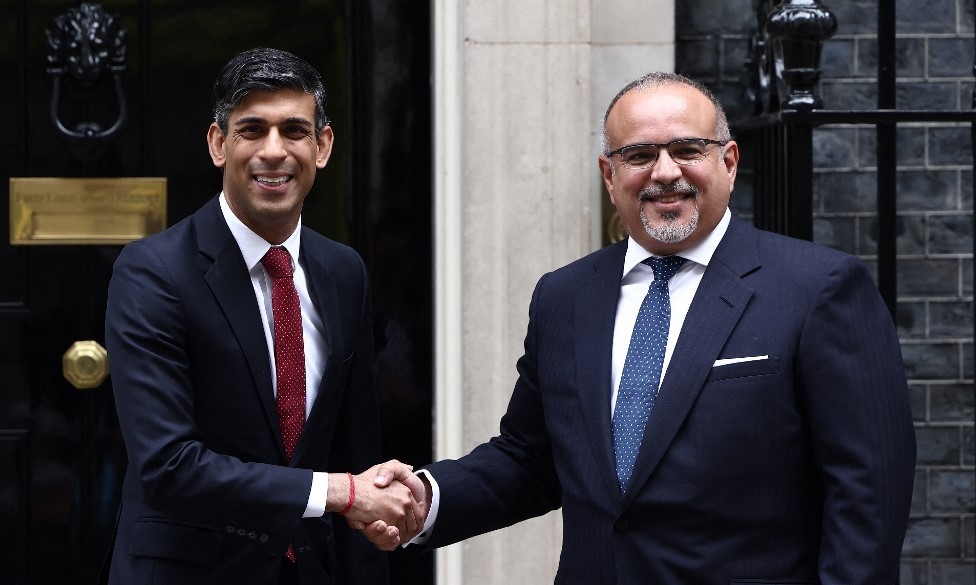
British MPs are pressing the government to explain why Bahrain has been dropped from a list of human rights priority countries with rights groups calling the removal a whitewash.
The decision, revealed last Friday in the government’s 2022 Human Rights and Democracy Report, marks the first time since 2015 that Bahrain has not made the list.
The report praises the kingdom’s “long tradition of respecting and enabling” religious freedom and use of alternative sentencing, an effort the UK has supported Bahrain with, and which has significantly reduced the prison population.
It also commended last year’s parliamentary elections while acknowledging that some political parties remain banned and international observers weren’t invited.
MEE asked the Foreign, Commonwealth and Development Office (FCDO) what metrics had been used to make its decision.
New MEE newsletter: Jerusalem Dispatch
Sign up to get the latest insights and analysis on Israel-Palestine, alongside Turkey Unpacked and other MEE newsletters
A spokesperson responded: "The decision to remove Bahrain from the Human Rights Priority Country list reflects their consistent progress in this area over a number of years, which has been directly supported by the UK."
“The UK remains committed to supporting reforms in Bahrain through our programmes and by encouraging the government to meet its human rights commitments.”
'Difficult to comprehend'
MPs and rights groups say they want to know exactly how the decision was made and criticised the decision that came days after the kingdom pledged to invest £1bn in Britain.
“I am deeply concerned that the FCDO’s approach to human rights seems to be up for auction,” said Labour MP Chris Bryant, who is a member of the Foreign Affairs Committee.
'I am deeply concerned that the FCDO’s approach to human rights seems to be up for auction'
- Chris Bryant, Labour MP
Bryant called on Foreign Secretary James Cleverly to explain how the conclusion had been made.
“Death row is filled with men tortured into signing false confessions to crimes they did not commit, because they dared call for democratic reforms,” Bryant said.
Conservative MP Sir Peter Bottomley said the decision was “difficult to comprehend” given torture victims, including Mohamed Ramadan and Husain Ali Moosa, remain on death row in the kingdom.
Bottomley, who chairs the All-Party Parliamentary Group on Human Rights and Democracy in the Gulf, has also pushed for the foreign secretary to explain his rationale to parliament.
From death row in Jau Prison, Ramadan says his hope that the UK foreign secretary will help his case following the removal of Bahrain from the list “has faded”.
Ramadan, 39, was sentenced to death in 2014 after he and Moosa were charged with targeting police officers with a bomb and killing one of them.
Their sentences were overturned by Bahrain's Court of Cassation in 2018, when an internal review found evidence that they may have been tortured into confessions, something the two men have repeatedly claimed. But in 2020, the same court reinstated the sentences.
“I feel extremely disappointed in [Cleverly] because I thought he would stand up for our case, especially after detailed information about our case was relayed to him,” Ramadan told the UK-based Bahrain Institute for Rights and Democracy (Bird) in a recent call. “But he has abandoned us.”
Criteria questioned
The UK government has also been criticised in recent years for providing millions in taxpayer money to the kingdom through the £70m Gulf Strategy Fund (GSF), which MPs have repeatedly attacked for being run opaquely.
Some of the GSF funding for Bahrain has gone - and continues to go - to the Bahraini Ombudsman and Special Investigations Unit which rights groups and UN experts say have failed to credibly investigate torture allegations.
Sayed Ahmed Alwadaei, Bird's advocacy director, said the dropping of Bahrain from the priorities list fits a pattern.
“The UK government has a history of using misleading human rights reports to whitewash Bahrain’s record of abuse," he said. "They have now gone even further and dropped Bahrain from their list of human rights priority countries in exchange for investment in the UK economy."
Niku Jafarnia, a Bahrain and Yemen researcher for Human Rights Watch, said she wished she had "any information" about the UK government's criteria for choosing human rights priority countries.
"Whatever criteria they are using don't seem to have a basis in human rights, but rather are influenced by British economic interests," she said, adding that she found it "laughable" that the FCDO's report said that Bahrain respected freedom of religion and belief.
"A country...where people continue to be imprisoned and tortured for exercising their freedom of belief and religion, and where just last month Bahraini authorities blocked access for Shia Bahrainis to the largest Shia Friday prayers, is not a country that has a 'long tradition of respecting and enabling freedom of religion and beliefs'," she said, quoting the report.
Middle East Eye delivers independent and unrivalled coverage and analysis of the Middle East, North Africa and beyond. To learn more about republishing this content and the associated fees, please fill out this form. More about MEE can be found here.


